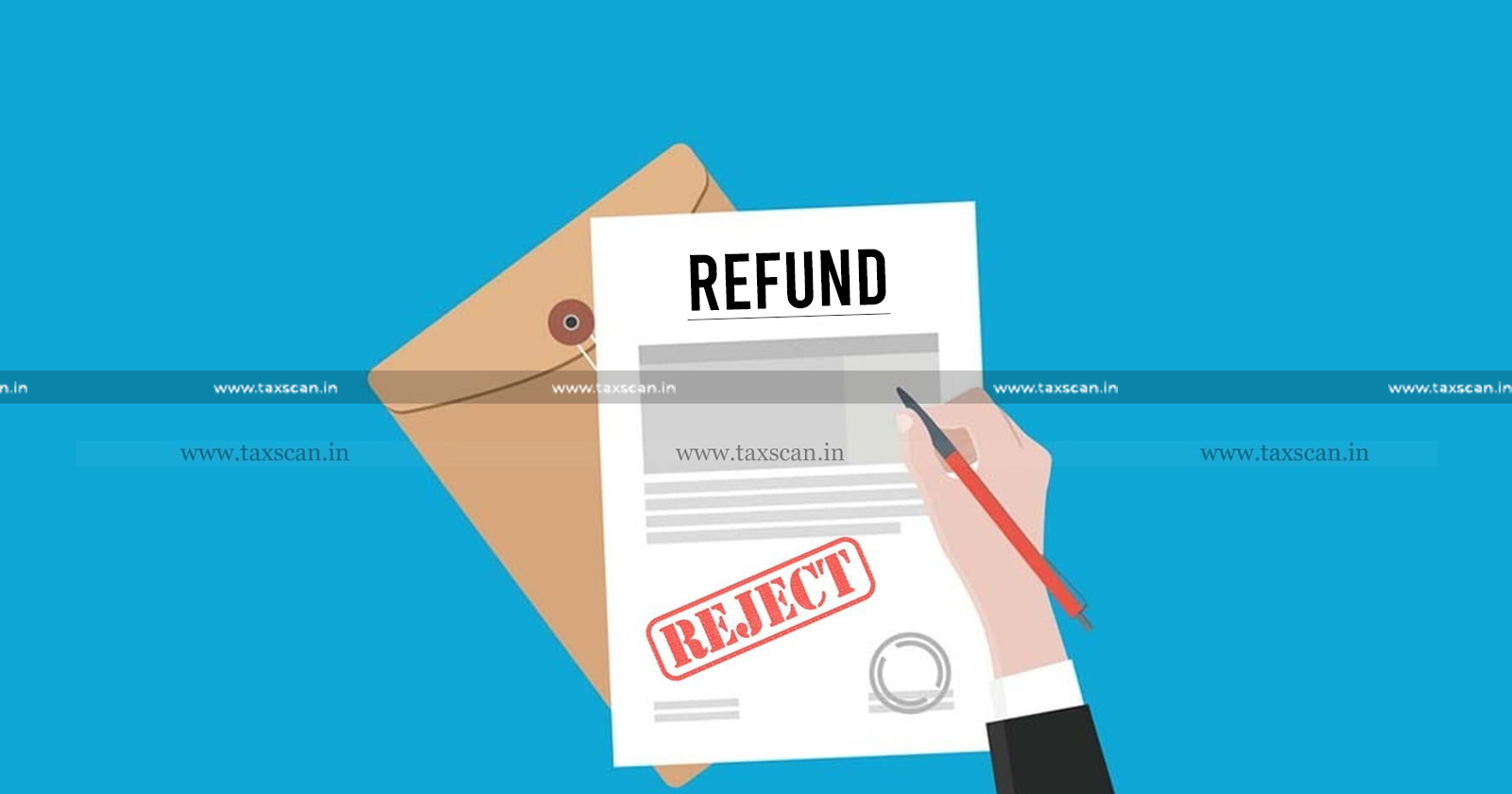Claim for CENVAT Refund Rejected by Excise Commissioner in Excess of Jurisdiction: Delhi HC Sets Aside Rejection Order [Read Order]

Rejection Order – Excise Commissioner – jurisdiction – TAXSCAN
Rejection Order – Excise Commissioner – jurisdiction – TAXSCAN
The Delhi High Court set aside the order rejecting the claim for CENVAT refund rejected by the excise commissioner in excess of jurisdiction.
BT(India) Private Limited, the petitioner impugned the order passed by the second respondent in terms of which its applications for refund of unutilized CENVAT credit have come to be negatived. The refund claims were lodged in respect of the quarters from October 2014 to December 2014, January 2015 to March 2015 and April 2015 to June 2015.
These applications were made on the ground of the input services having been utilized by the petitioner in connection with the “export of services”. The services in question are Broadcasting, Business Support, IT Software and Management, and Maintenance or Repair services.
In terms of the impugned order dated 04 October 2021, the second respondent has come to conclude that the services rendered by the petitioner would not fall within the ambit of the expression “export of services” as contemplated under Rule 6A of the Service Tax Rules, 1994.
The second respondent holds that for Broadcasting services, even though the ordering company was an entity based out of Mauritius, the customer operation details as provided would indicate beneficiaries of service being present in India and that even the satellite services offered by the petitioner being in respect of channels broadcasted in India.
The second respondent holds against the petitioner additionally upon it coming to conclude that in terms of Section 2(105) of the Finance Act, 1994 read with Section 2(16), the services rendered to a Head Office would also imply services being provided to a Branch Office or representative in India and thus falling outside the net of “export of service” as contemplated under the Act and the 1994 Rules.
Since the petitioner had failed to submit any agreement or invoice for such services being provided to clients outside India. While dealing with IT Software Service, the second respondent negatived the claim for refund by observing that merely because the address of the customer is outside India, the same would not necessarily mean that those services had been exported out of the country.
A division bench of Justice Yashwant Varma and Justice Dharmesh Sharma observed that “the action which had been initiated was in gross violation of the principles of natural justice. Undisputedly, a violation of the principles of natural justice constitutes an exception to the self-imposed restraint that we exercise when called upon to invoke our constitutional powers conferred by Article 226 of the Constitution.”
The Court found that the second respondent while considering the claim for refund has acted in excess of the jurisdiction which could have been exercised.
Accordingly, the court allowed the writ petition shall stand allowed and further quashed and set aside the order.
To Read the full text of the Order CLICK HERE
Support our journalism by subscribing to Taxscan premium. Follow us on Telegram for quick updates


